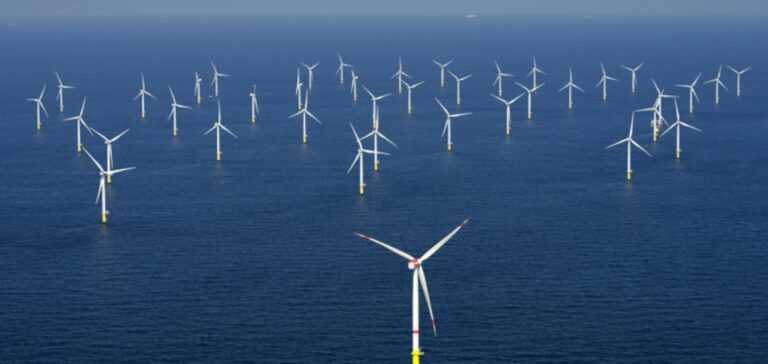Denmark’s flagship project to build an energy island in the North Sea, originally scheduled for 2033, has now been pushed back to 2036.
The structure, designed to centralize electricity generated by offshore wind farms and distribute it across Europe, is facing a major budget revision.
Construction costs have ballooned to over DKK 200 billion, and now require DKK 50 billion in public funding – a level of support that was initially unanticipated.
Rising raw material prices and rising interest rates are the main reasons for this reassessment.
Danish Energy Minister Lars Aagaard has confirmed that these factors have rendered the original timetable and economic model obsolete, forcing the authorities to rethink the whole project.
International partnerships called into question
The initial partnership between Denmark and Belgium, aimed at building this energy island without subsidies, has been seriously compromised by the current economic situation.
Attempts to negotiate a larger financial contribution from Belgium were unsuccessful, prompting Denmark to explore other options, including integrating Germany into the project.
The Danish government is now considering extending the project with electrical connections to Germany, an alternative that could revive the initiative while securing the necessary funds.
This strategic reorientation may take some time to materialize, however, as the German Ministry of Economic Affairs has yet to react officially to this proposal.
Implications for the energy sector
This delay in the Energy Island project has major repercussions for the renewable energy sector in Europe. Denmark, although a pioneer in this field, must now face up to the reality of unforeseen costs that weigh on major energy infrastructure projects.
This postponement raises questions about the ability of European states to finance initiatives of this scale without resorting to massive subsidies.
Companies like Vestas Wind Systems A/S and Orsted A/S, Denmark’s industry leaders, continue to play a central role in the industry, but this project highlights the financial and strategic challenges they and their state partners face.
The success of the project will depend on Denmark’s ability to overcome these financial obstacles and maintain the confidence of international investors and partners.






















